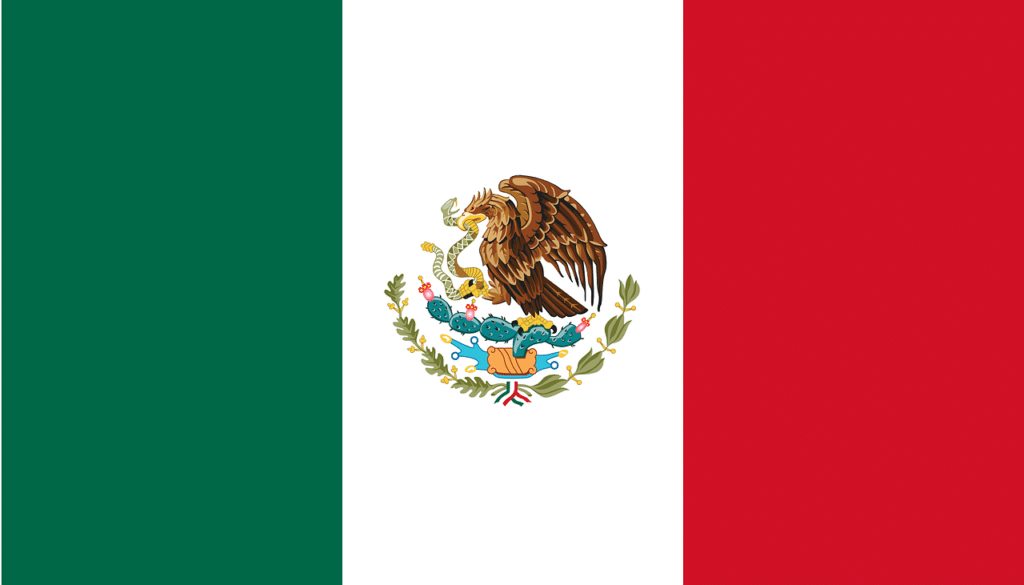First Black Republic: Haiti became the first independent nation in Latin America and the Caribbean led by a successful slave rebellion, establishing the first Black republic in the world.
Water and Land in Haiti: Only approximately 190 square kilometers (73 sq mi) out of Haiti’s total area of approximately 27,560 square kilometers are water.
Citadelle Laferrière: Nicknamed “The Eighth Wonder of the World,” this massive fortress sits atop a mountain peak in northern Haiti, a testament to Haitian ingenuity and perseverance built during the early 19th century.
Creole Language: Haitian Creole is the native language spoken by almost the entire population. It’s a unique blend of French, West African languages, and Taíno, the language of the indigenous people.
Mango Mania: Haiti is the world’s leading producer of mangoes, with over 300 varieties of this delicious fruit grown on the island.
Voodou Culture: Haiti has a rich cultural tradition of Vodou (Voodoo), a religion that blends African spiritual practices with Catholicism.
Carnival Capital: Haiti holds one of the most vibrant and colorful carnivals in the world, with elaborate costumes, music, and dancing that takes place before Ash Wednesday.
Coffee Connoisseurs: Haiti was once the world’s leading coffee producer, and Haitian Blue Mountain coffee is still prized for its rich flavor.
Independence Day Celebration: Haiti’s Independence Day on January 1st is a major celebration marked by parades, music, and fireworks.
The Birthplace of Rastafarianism: While often associated with Jamaica, some historians believe Rastafarianism originated among Jamaican migrant workers in Haiti in the early 20th century.
Last Updated on June 13, 2024

